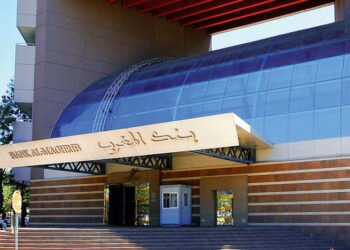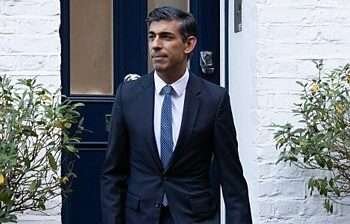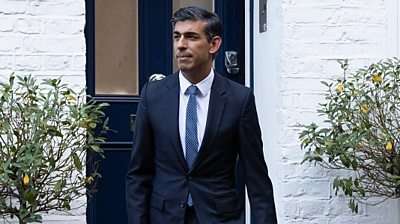As humans, there is always that clear desire to feel safe and free. Free to make choices beneficial to one’s progress, free to decide the trajectory one’s life takes and also who can have a say in how to manage one’s life and its outcome one way or the other.
However, when that ‘right’ to decide is taken away due to abuse and negligence, then an external voice determines every move made and every action taken.
Moreso, all decisions carried out are essentially scrutinized under the lens of compliance, thereby defeating the significance of freedom of choice and association in the first place.
The uncomfortable position Ghana finds itself in with the International Monetary Fund (IMF) is certainly not how government planned to spend its ‘final days’ – languishing and slaving to please the IMF and external creditors to smoothly run the affairs of the country.
Indeed, government was able to clinch the first tranche of the $3 billion loan, and with the temporary relief, so to speak, it brought in the country’s economy, despite the restricting conditionalities government had to comply with.
In spite of this, government got bolder in statements, claiming the nation is on the path to recovery and turning a corner.
Now, the second leg of receiving has proven to be a tough cookie to crush as the country is at the mercy of external creditors, who will in one way or the other, determine whether to give government a clean slate to ‘qualify’ for the second tranche.
Well, Ghana’s Information minister, Kojo Oppong Nkrumah must be biting his fingers for saying in October that he does not believe an agreement with external creditors is a prerequisite for the disbursement of the second installment.
Meanwhile, Ghana has missed out on the November 1 timeline set in the International Monetary Fund (IMF) programme to get a second tranche of the $3 billion bailout package as the country’s debt rework negotiations with external creditors delay.
The country has already submitted proposals to its commercial creditors seeking a haircut of up to 40% and additional debt rework with its bilateral creditors including China and the Paris Club.
However, the country has not been able to meet all the necessary financing assurances from its creditors to unlock the disbursement of the second tranche worth $600 million which was scheduled to hit Ghana’s account by November 1, 2023.
This is certainly bound to cause some anxiety among not just leaders, but the entire fray of business, corporate and institutions who in one way or the other depend on the stability of the economy, confidence of investors to effectively thrive.
Worry creeps in from business community
Highlighting on the need for a stable economic scene for the country, President of the Ghana Union Traders Association (GUTA), Dr Joseph Obeng, revealed that indeed, Ghana needs “confidence of the investor community” and also some stability in the currency. This, he however noted, that the first tranche of the “IMF deal supported a lot in this direction”.
“I think we should be able to proceed on the same length. If we will be able to sustain the little gains that we have gotten. So, it’s quite worrying if we are not getting through our creditors.”
Dr Joseph Obeng
The adamance of government in refusing to broadly confer with relevant stakeholder in the country prior to the IMF agreement has reared its head.
Dr Obeng revealed that when government was engaging with the IMF, they “took decisions and never engaged with us”. This, he highlighted, was “very worrying and that’s why they imposed those three obnoxious taxes on us”.
The stance of the GUTA President unravels the unilateral decision taken by government and further gives credence to governmental critics claims of insensitivity by the state.
Although it may sound a tad belated, government has accepted its wrong and sat down with the business community ahead of the 2024 budget presentation. Hopefully, their calls for pruning down taxes will be heeded to.
At this point, it is crucial for the government to provide transparency regarding the status of the external debt restructuring and confirm whether the second tranche payment is coming soon, as stipulated by the IMF in their payment schedule.
Additionally, the separate $1.5 billion Ghana Financial Stability Fund remains unrealized, despite missed deadlines in July and October.
To borrow the words of economist, Sa’ad Iddrisu, the delay, “coupled with the government’s lackadaisical approach to supporting the financial sector, raises alarming prospects of an impending banking crisis”.
As such, “clarity and decisive actions are imperative to safeguard our nation’s economic future”.
READ ALSO: Finance Minister Approves Disbursement Of GHC4 Million To Support Renal Patients




















